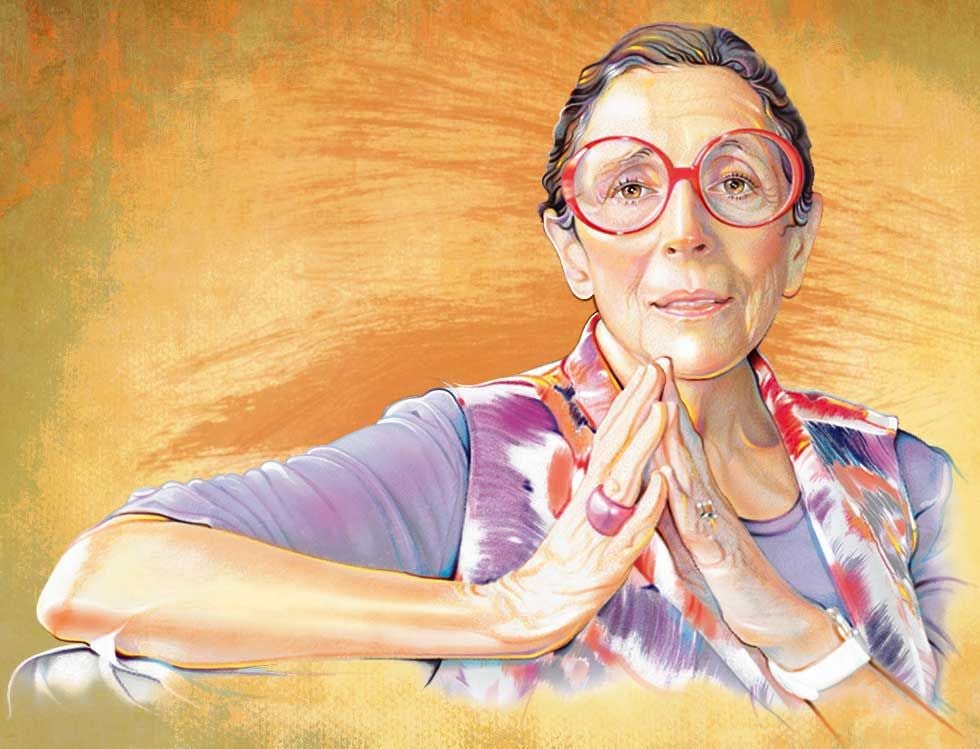“Parents ask you how to keep the older child from hurting the younger one when they play. I have a different problem. My oldest son is 10, but he is in special classes because he is developmentally disabled (also small for his age and physically weak). His brother is only 5, but he bosses his brother around and treats him badly like yelling, hitting, deliberately scaring him, grabbing toys away. The older boy always ends up in tears, but still wants to go back and play with his brother.”
Bullying is bullying no matter what size or age the victim is. By definition, bullying is physical (hitting) or emotional (scaring or threatening). The bully is the strong one and the victim is the weak one. You have both a bully and a victim to deal with.
The adult who witnesses bullying has the responsibility of stopping it. Your two tasks: 1) Protect your older, weaker son. 2) Stop these behaviors in your younger son, every time they happen. Remove him from the scene of battle and tell him, “No hitting!” Say this emphatically and in a strong tone of voice, but don’t yell. Using a behavior you want to extinguish is counterproductive.
Separating the boys, which is the first line of defense against sibling mayhem, unduly punishes the older boy who no doubt has fewer personal resources to play on his own. You may feel pressured to spend even more time with him. But separating them is an important lesson for the aggressive child to learn. If you hit, you will lose the privilege of playing with other children.
As for the disabled child, perhaps you can find similar-status playmates for play dates. Ask his teachers what he likes to do when on his own. Try to find suitable toys and simple crafts for him to play with. Look for organizations that offer information and both individual and group counseling for parents of the developmentally disabled.
The younger boy probably feels neglected because his parents spend more time with the developmentally-disabled son. They worry and fuss over him while they treat the younger, more capable, boy more casually. Kids seem to have a special antenna to sense such subtle differences in parenting. All children want and need parental attention. Because negative attention is better than none, they often deliberately act out in order to get it. Set aside special time every day for you and the younger boy, time with him alone when he gets your undivided attention.
The obvious solution to this difficult problem is helping your younger son understand the situation and help him modify his behavior with his brother. But these are very difficult tasks for a 5-year-old child … one who already thinks his parents pay more attention to his brother.
Try these useful parenting strategies. “Tell it like it is” in language he can understand. (“Your brother has a serious problem and cannot do many things you can so he needs your help”) Expect the best: Tell the younger boy you know this is hard for him, but you know he can do it. Praise him specifically. “You shared your toys with Scott today. I am proud of you!” Find ways to use “Superpraise,” which means praising him in front of Daddy or Grandma. Use a gold star chart and give him a special reward for not hitting or scaring his brother over several days. Take advantage of “Grandma’s Rule:” (“If you play with your brother without making him cry, I will take you to the park”). Make an effort to see that he has opportunities to play with boys his own age who have similar abilities.
Children with disabled or chronically ill siblings often have a hard time because their parents expect them to understand the family problem and help out. These siblings may “grow up too soon” and carry a load of unstated resentment. So try to walk the line between expecting the best and expecting too much. Counseling and groups dealing with similar sibling issues can help your younger son cope.
Yes, this is a tough problem. But in my experience, most families figure out how to manage kids with different abilities. The other side of the resentment coin is a kind and understanding child, who learns to deal with those less fortunate and will become a compassionate, humanistic grownup.





